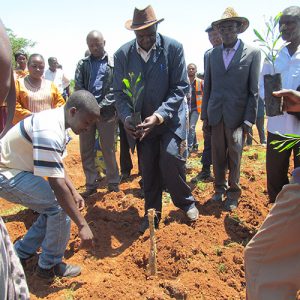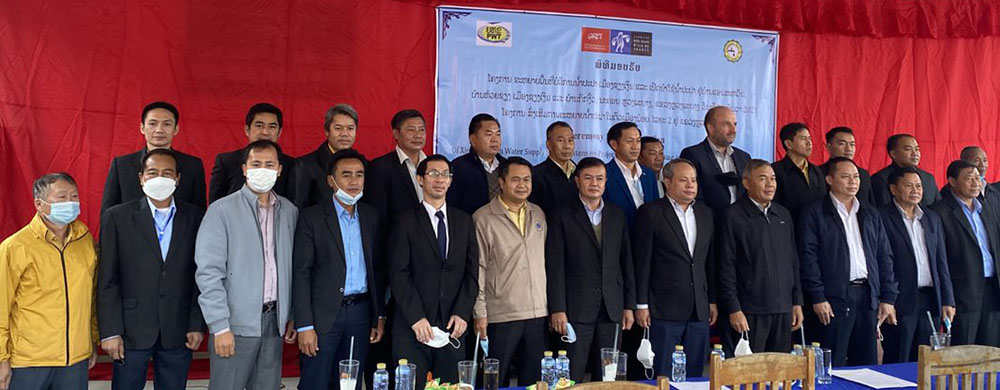Following the signature of a Programme agreement with Agence française de développement (AFD) in 2019, GRET began to consider a commons-based approach in a dozen of its projects. Throughout the year, we will be showcasing these projects, which focus on a variety of subject areas. In this issue: the Peri-urban Agroforestry project in Haut-Katanga (APHK) project in the Democratic Republic of Congo.
The APHK project, which was launched in 2019, is contributing to strengthening of governance and management of an agroforestry perimeter with a surface area of more than 1,500 hectares on the outskirts of the mining city of Lubumbashi, in the extreme south west of the Democratic Republic of Congo. With a dual objective focusing on food security and the fight against deforestation, this project follows on from the 2012-2017 Afodek project, funded by the European Union, which enabled productive restoration of degraded woodlands.
The agroforestry perimeter targeted by the APHK project is managed by the Federation of Kipushi agroforestry perimeter associations (Capak), an organisation bringing together ten agroforestry operator associations with a total of 130 members. Each member is contractually committed vis-a-vis Capak to enhance a 12-hectare plot based on an agroforestry system combining plantation of acacias (used as heating or cooking fuel) and food crops.
Aiming to make Capak autonomous, the Commons Programme convention is supporting facilitation of collective reflection among the federation’s member associations, in order to foster management of the common comprised by the perimeter itself, as well as collective water management services, maintenance of firewalls and nurseries. This approach also contributes to populations’ appropriation of the territory, thereby contributing to the site’s land tenure security.




